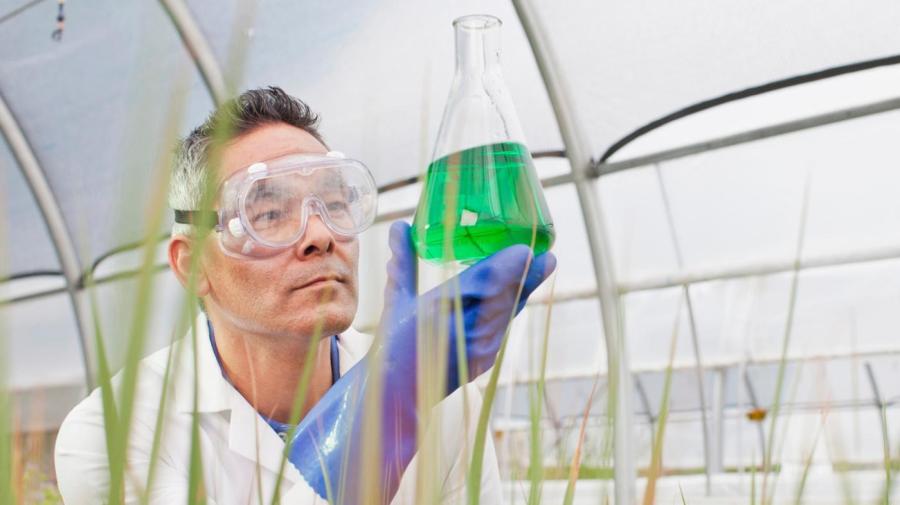How Does Chemistry Relate to Biology?

Chemistry and biology aren’t just related but completely intertwined, as all biological processes are rooted in chemical processes. Biology cannot be completely understood without knowing basic chemistry.
The Oxford Dictionary defines “life” as having the capacity for growth, reproduction, functional activity and continuous change preceding death. None of these things can occur without chemical reactions. All of these traits require the metabolism and synthesis of outside materials and the consumption and release of chemically stored energy sources. Even seemingly physical processes, such as muscle movement, require the chemical release of energy, following processes mandated by an organism’s DNA code. DNA is itself a coded strand of chemicals that implements its instructions by chemical processes.
Some scientific specializations focus on studying the chemical nature of biology. Biochemistry is a specific branch of biological study that focuses on the chemical underpinnings of life itself. Biochemists study which chemical reactions produce which effects, and they can determine which processes are unique to specific organisms and which ones are present across ranges of organisms. Chemical biology is a field of study that focuses on how various chemicals can affect biological processes as well as how various biologic chemical reactions have applications outside of biochemistry.





